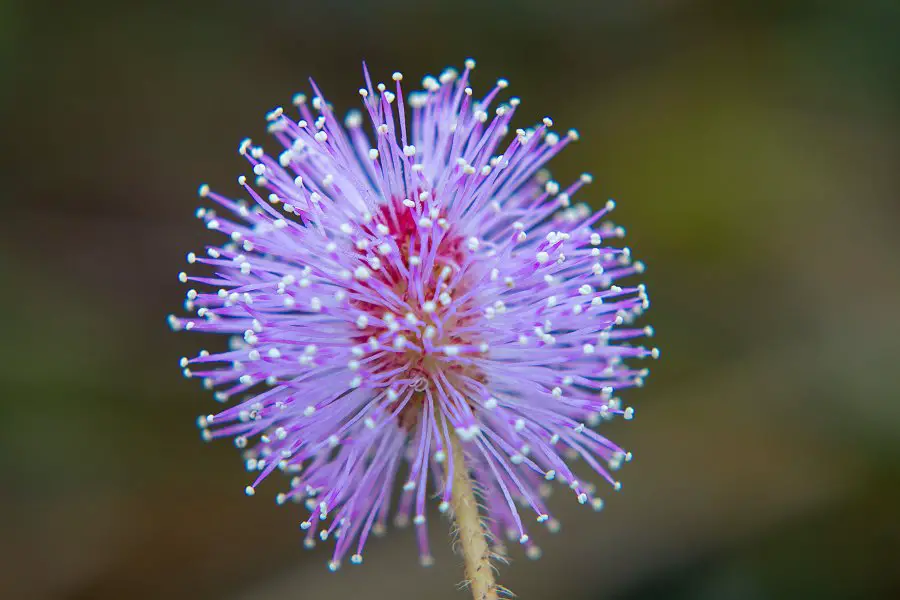Neurobiologist Believes Plants Can Communicate, Memorize And Problem Solve
Tags: News

Neurobiologist Stefano Mancuso has written a fascinating book in which he reveals the intelligent and social behaviour exhibited by plants.
Called the ‘The Incredible Journey of Plants’, the book was released in March 2020 after 15 years of research on the subject. It illustrates how plants’ intelligence has enabled them to relentlessly migrate across our planet and to thrive in unexpected places.
“We study how plants are able to solve problems, how they memorize, how they communicate, how they have their social life and things like that,” Mancuso said in a recent interview with the Guardian.
Plant memory
In one experiment, water droplets were released onto a Mimosa pudica plant. The plant’s usual response is to recoil it’s leaves, as a safety mechanism.
But once the plant became accustomed to the water drops, and realized no damage were being done, it changed it’s behaviour and stopped reacting. And this memory capacity was shown to last for up to two months – even when conditions, such as lighting, were altered.
The ‘brain’
Mancuso found that here is no ‘central brain’ in a plant, like there is in animals and humans.
“They are very good at diffusing the same function all over the body,” he said. “You need to imagine a plant as a huge brain. Maybe not as efficient as in the case of animals, but diffused everywhere.”
That would explain how up to 90% of a plant can be removed without the plant dying.
Sensitivity
Based on ‘thousands of pieces of evidence’ as Mancuso puts it, it was discovered that a single root can detect more than 20 different chemical and physical variables. “Plants can sense a few milligrams in a huge amount of soil,” he explained.
Communication as a defense system
Mancuso believes that plants can detect the electromagnetic fields of other life forms and that they use chemicals and scents not only to warn each other of danger, but to try and keep predators away and to attract pollinating insects.
By example, when corn gets eaten by a caterpillar, the plant emits a signal which attracts parasitic wasps to kill the predator.
Picking up sound vibes
The Neurobiologist says that “plants are extremely good at detecting specific kinds of sounds. For example at 200hz or 300hz – because they are seeking the sound of running water.”
What can human society learn from plant intelligence?
Human societies are ruled by pyramid structures. But Mancuso suggests it’s not always the best way.
“This structure enables us to move fast, physically and organizationally, but it also leaves us vulnerable. If a major organ fails, it could scupper everything, and top-down leadership rarely serves the whole,” he said.
“Plants are kind of horizontal, diffusive, decentralized organisations that are much more in line with modernity.”
Read more: With No Visitors, Australian Scuba Companies Are Planting Coral On Great Barrier Reef
Image Credit: Thotham
Leave Comment: